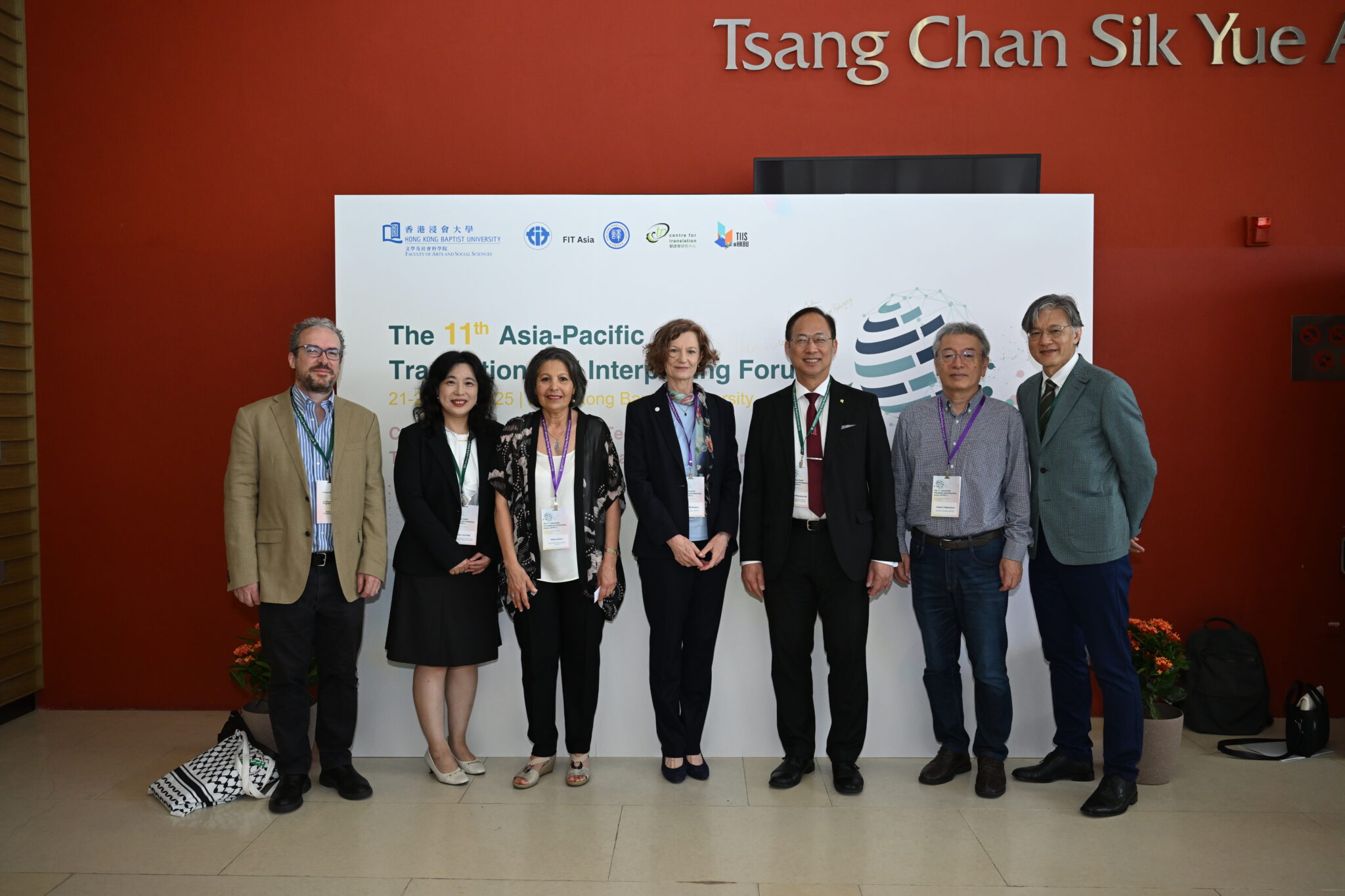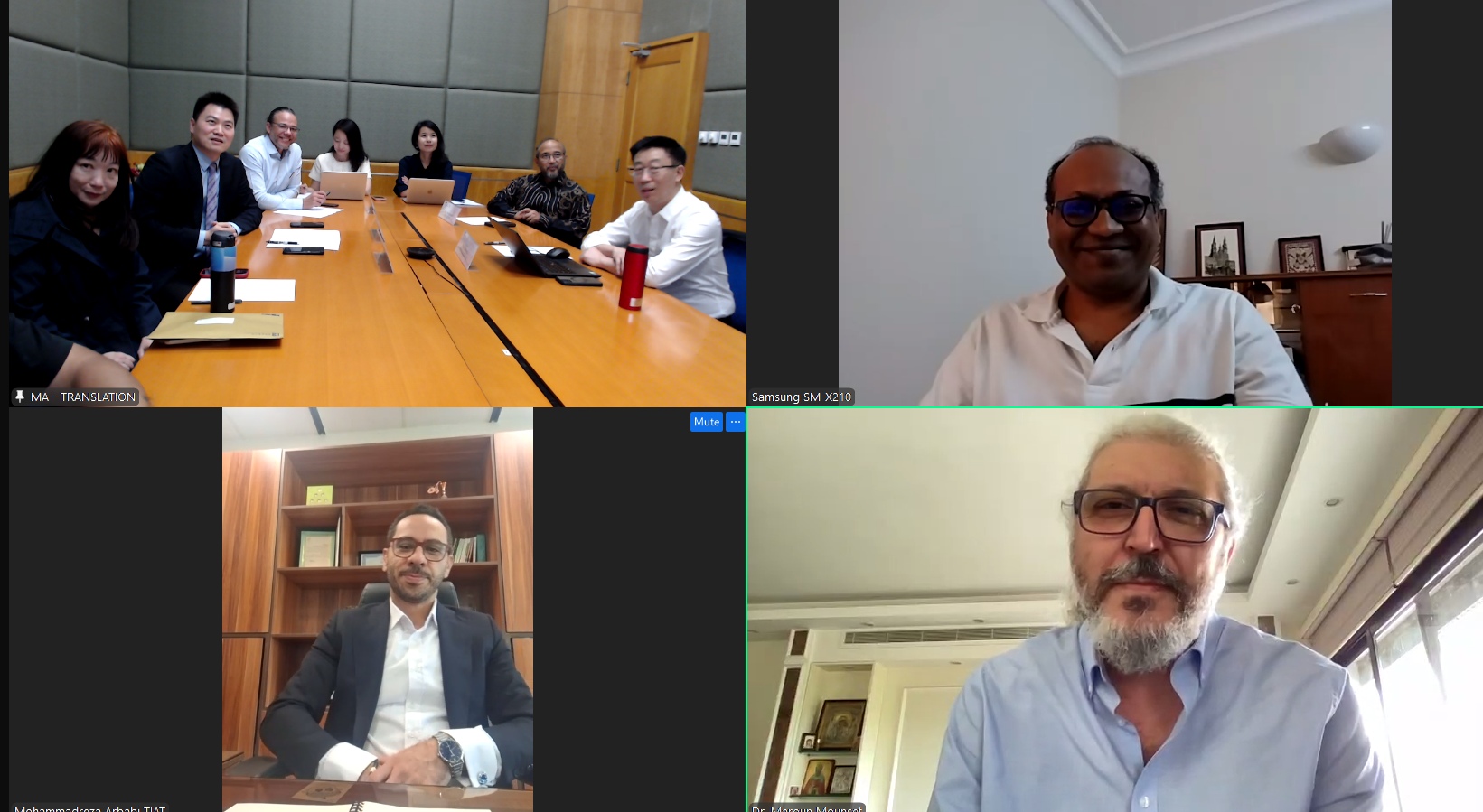10th Asia-Pacific Translation and Interpreting Forum kicks off
June 27, 2022
The 10th Asia-Pacific Translation and Interpreting Forum (APTIF) kicked off both online and in-person in Beijing on Saturday, gathering world-renowned experts to discuss the theme of "Collaborating in the World of Translation and Interpreting: New Changes and New Modes in the New Era."
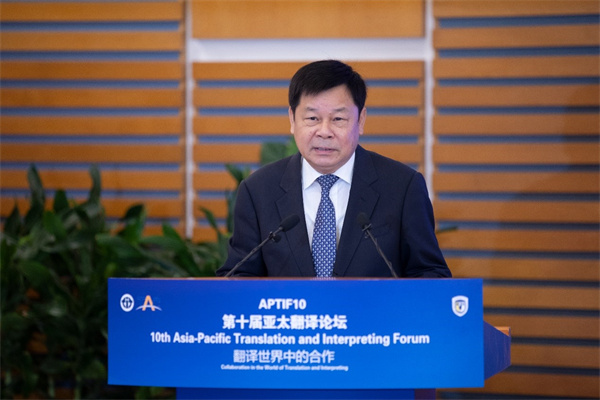
In his speech, Du Zhanyuan, president of the Translators Association of China (TAC) and China International Communications Group (CICG), spoke highly of translation's role in facilitating exchanges, mutual learning and social progress.
"Translation activities, by bridging linguistic and cultural gaps, have effectively enhanced friendly exchanges, mutual trust and cooperation among countries, and helped promote world peace, development and the common progress of humanity," Du said.
He proposed that the Asia-Pacific translation community serve regional prosperity and development, improve industrial standards, enhance exchanges and mutual learning, and promote new technology applications.
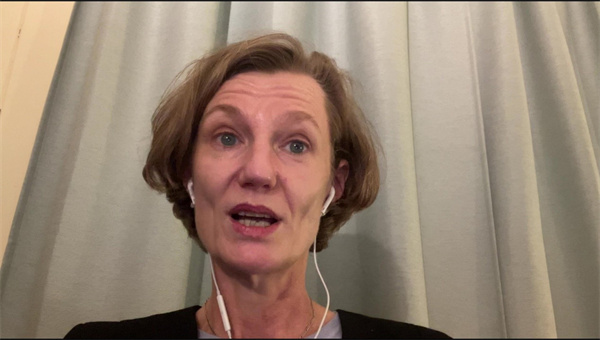
"Translators are continually adapting, to harness technology, to adapt it to our needs and aid our work," Alison Rodriguez, president of the International Federation of Translators (FIT), highlighted how technology empowers translators' work, adding that besides language skills, technical and human skills also aid the ability to understand the meaningful use of translators' work.
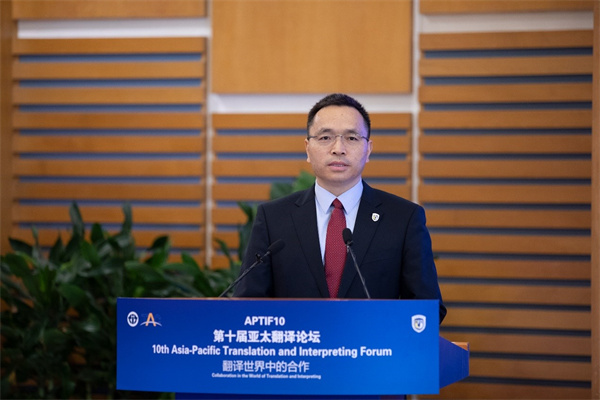
Yang Dan, president of Beijing Foreign Studies University (BFSU), also delivered opening remarks, calling for translators and interpreters in the Asia-Pacific region to pool wisdom and utilize technologies, and emphasized the role of cooperation in promoting translation's development.

Bart Defrancq, president of International Standing Conference of University Institutes of Translators and Interpreters (CIUTI), also called for greater collaboration among translators, especially in the context of the pandemic, as well as more reliable science and experience to back up the collaboration.Gao Anming, chair of the APTIF Joint Committee, executive vice president and secretary general of the TAC, vice president and editor-in-chief of CICG, and council member of the FIT, echoed Du's views on the significance of translation.
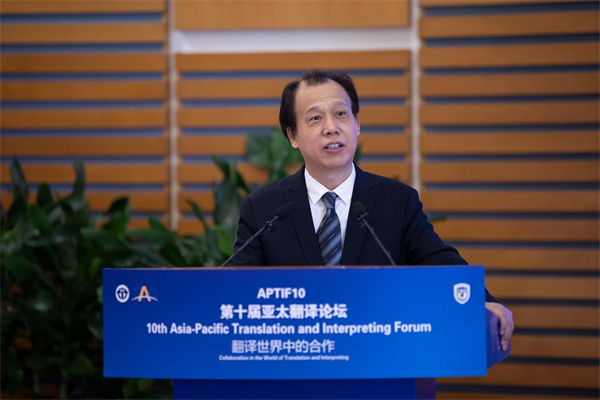
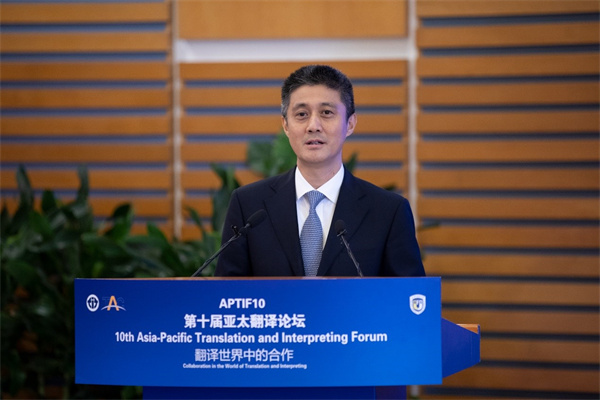
Gao Anming, chair of the APTIF Joint Committee, executive vice president and secretary general of the TAC, vice president and editor-in-chief of CICG, and council member of the FIT, echoed Du's views on the significance of translation.
"Translation is growing into an important part of national core competitiveness and cultural soft power and becoming a bridge for promoting cultural communication, economic and trade exchanges, knowledge sharing, and social progress," Gao said.
Additionally, he envisioned that next-generation translation will make the language service industry more equal, diverse and inclusive, be empowered by and in due course propel more intelligent, efficient and greener technological innovation, attract more people to the sector, and help build a more scientific, rational, specialized and standardized support system.
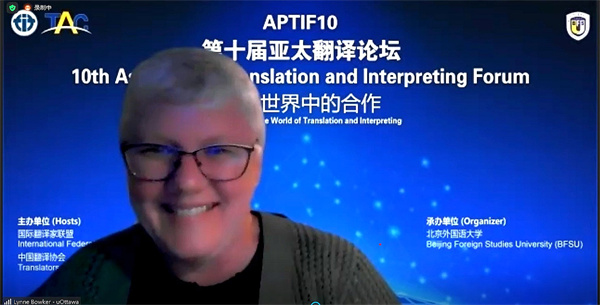
Lynne Bowker, professor of Translation and Information Studies at the University of Ottawa, looked back at some of the major twists and turns in the collaborative relationship between humans and computers in the context of machine translation and looked ahead to what changes may be necessary to boost the collaboration in the age of neural machine translation.
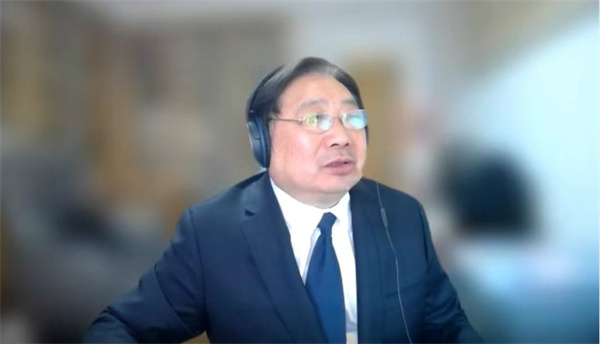
Li Yuming, professor at Beijing Language and Culture University (BLCU) and president of the Lexicographical Society of China, shared his opinions on how translators can facilitate "barrier-free communication in society" by building bridges between native and non-native speakers, locals and non-locals, young and old, people with and without visual, hearing, and other language-related impairments, and humans and machines, in order to reduce communication barriers, misunderstandings and linguistic conflict.
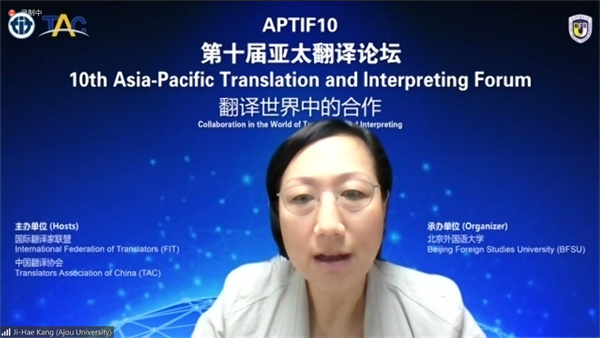
Ji-Hae Kang, professor of Translation Studies and director of the Ajou Center for Translation and Interpreting Studies at Ajou University of the Republic of Korea, examined the evolving modes and effects of collaborative practices in relation to streaming platforms and the changing global media landscape.
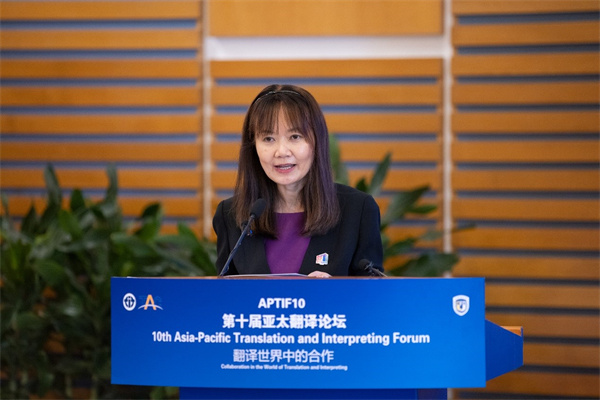
Ren Wen, dean of the Graduate School of Translation and Interpretation at BFSU, shed light on national translation capacity. She noted that only through the collaboration and coordination of different translation-related actors in social networks can a country's translation and linguistic diversity become mutually supportive factors.
The APTIF has been held every three years since 1995. The current 10th session comprising 10 keynote speeches and 16 parallel sub-forums has been organized by BFSU under the aegis of the FIT and the TAC, and lasts two days.
(Source: china.org.cn)

